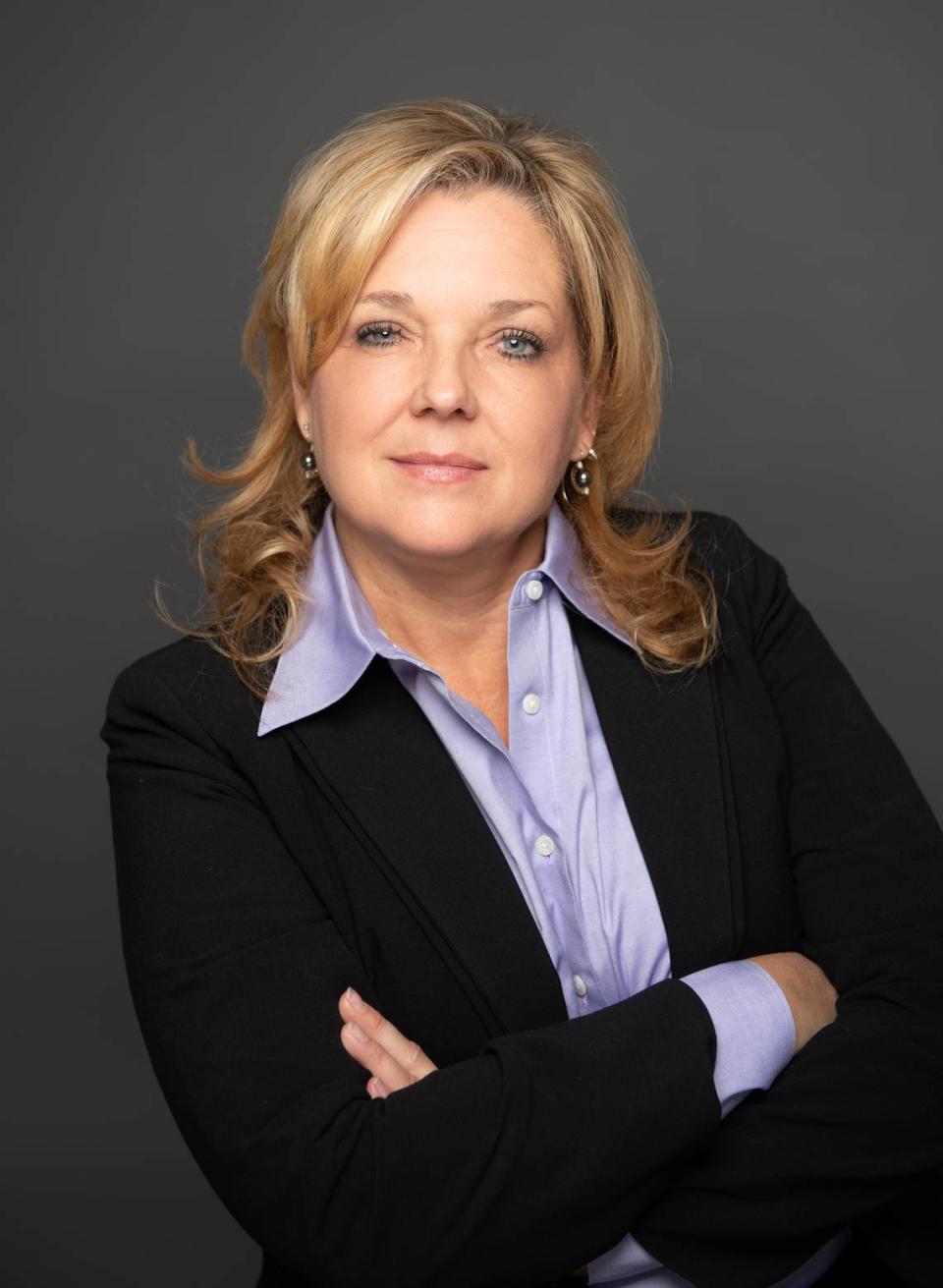Did 5 NC teens kill NBA star Chris Paul’s grandfather? Innocence panel raises concerns.
- Oops!Something went wrong.Please try again later.
In 2002, Nathaniel Jones drove home from the North Carolina gas station he owned to find an attack waiting in his carport, leaving him dead on the ground with his hands bound and his mouth taped.
The 61-year-old left a loving family — most famously a grandson named Chris Paul, a high school basketball prodigy who would go on to NBA stardom. After Jones died, the young Paul scored 61 points in a single game as a tribute.
Winston-Salem police soon focused on a group of five teenagers from Jones’ neighborhood: Nathaniel Cauthen, Rayshawn Banner, Christopher Bryant, Jermal Tolliver and Dorrell Brayboy — none of them older than 15, all of with a history of learning problems.
One by one, police drew confessions from each of the five, sending them to prison, where two of them remain locked up after 20 years.
But on April 18, a three-judge panel in Forsyth County will hear evidence that four of the men should be exonerated, an argument boosted by the NC Innocence Inquiry Commission’s 2020 finding that evidence of their innocence exists.
Forced confessions
In March, the NC Center on Actual Innocence filed a 90-page plea outlining crucial problems with their cases, all based on forced confessions.
Among those it cites:
▪ The teens had no lawyers or parents present when officers interrogated them late into the night.
▪ Their confessions contradict each other and each describes himself playing a minor role in the attack. Also, their descriptions of Jones’ killing do not match evidence from the crime scene.
▪ Police threatened the teens with the death penalty though they were too young to be eligible, at one point pointing to a vein on a suspect’s arm and telling him the needle would go there.
▪ The main witness in their prosecution has since recanted her story, saying under oath during the 2020 commission hearing that she told detectives what she thought they wanted to hear after they threatened her with prosecution.
▪ The only piece of physical evidence are a set of shoe prints taken from the hood of Jones’ car, where someone apparently stood to loosen the overhead light bulb. Evidence showed a match with shoes taken from one of the teen’s houses, but the model, a Nike Air Force 1, was a highly popular sneaker at the time.
“You had five teenage boys who were on the radar of a couple of law enforcement officers,“ said Christine Mumma with the Center for Actual Innocence, who represents Banner. “You had 14, 15-year-olds who were not equipped to handle this kind of pressure-type situation and you had numerous adult law enforcement officers with guns on their hips who were very well-equipped to get the teenage boys.”

‘We’re standing strong’
As one of the greatest point guards ever, and omnipresent in State Farm insurance commercials, Chris Paul looms large over the case though he has not been publicly involved.
At the commission hearing in 2020, family member Charles Paul pointed out the far-larger impact of Jones’ death that doesn’t dominate headlines.
“We’re standing strong,” he said. “But we just wanted to let you all know that it always gets lost as Chris Paul’s grandfather, but this is my wife’s dad, and her sister’s, somebody that they loved very much. And I just want y’all to know that we appreciate it and that on behalf of my wife and her sister, this is a man we loved and miss every day, and there’s nothing we can do to bring him back. We just want to let y’all know that.”

Chris Paul often worked at his grandfather’s service station, and for a tribute while he was in high school, he asked his coach at West Forsyth High to let him play an entire game. That’s when he scored 61 points, his grandfather’s age when he died.
“He was my best friend; I talked to him every day,” Paul told the N&O in 2002. “He would tell people he was closing his gas station early on the nights we played so he could watch the games. Our relationship didn’t really have anything to do with basketball, though. He was just my best friend.”
Seeking exoneration
In 2004, when the first trials began, all five teens filed motions to suppress the confessions they made to police, having recanted them almost immediately. All five motions were rejected.
Years later, seeking exoneration, Bryant testified that he began crying during his first interview with police.
“They was tellin me if I don’t tell them something I was gonna get the death penalty cause the man was on the phone right now asking which arm I want it in,” he said, according to Mumma’s filing. “And they was pointing out the vein and all this stuff, and I ain’t never been through nothing like this, so I just thought if whatever I said would satisfy them.”
In 2004, Cauthen and Banner received life sentences for first-degree murder, which they are still serving. The rest got sentenced to second-degree murder and common law robbery, for which Bryant and Tolliver were released in 2017.
Freed in 2018, Brayboy was later stabbed to death in the parking lot of a Food Lion, the News & Record of Greensboro reported in 2019. Mumma said his innocence will be sought through a separate process.
In 2020, a witness from the neighborhood, Jessicah Black, testified before the commission that she had lied under oath, putting the men in prison. She called herself more scared than she had ever been in her life.
“When I first sat down with (police), I told them the exact thing I just sat here and told y’all about where we went,” she said, according to hearing transcripts. “I keep — I was told I was lying. And it was — it was a constant, beat me down over I’m lying, I’m lying, I’m lying, I’m lying, I’m lying. And I felt like the more that I would sit here and change stuff up and — and that’s when they would quit asking specific questions. ... So they kept telling me that I was facing just as much time and that I could go down for accessory. I mean, they made sure to make me aware of all that.”
Changes in juvenile confessions
Neither Winston-Salem police nor Forsyth County District Attorney Jim O’Neil’s office returned calls or emails seeking comment.
O’Neil, who ran for NC attorney general as a Republican in 2020, sent a report to the Innocence Inquiry Commission that same year while the teens’ case was being considered. He did not handle the prosecution in the Jones murder trial.
In the report, he cited “confirmation bias” and said the commission had “decided that there is enough evidence to show the defendants’ actual innocence and, therefore, they must present it in such a way as to confirm their decision.”
At the time, Commissioner Johnson Britt, a former prosecutor, called the report “offensive.”
In her filing, Mumma notes that North Carolina and other states have since required that juveniles making an in-custody confession must have a parent, guardian or attorney present, and the statements must be recorded.
“The bottom line,” she said, “is this case would not be prosecuted today.”

